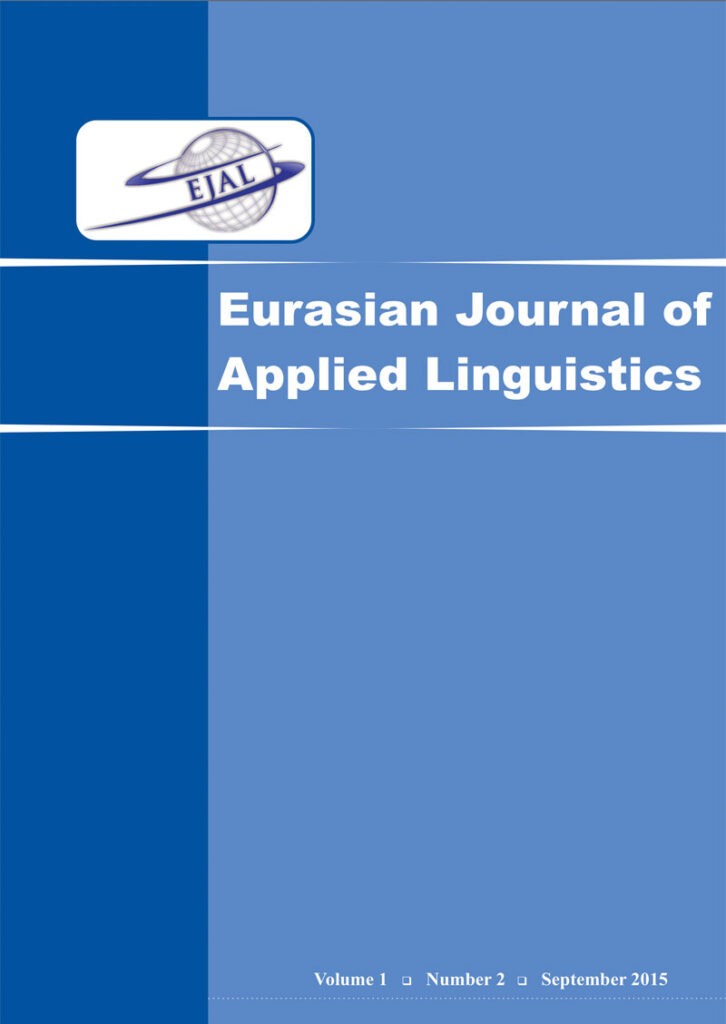Arzu Kanat-Mutluoglu
Hacettepe University
Hacettepe University
Keywords: L2 willingness to communicate, ideal L2 self, academic self-concept, intercultural communicative competence
Abstract
The intriguing nature of willingness to communicate in a second/foreign language (L2 WTC) inspires researchers to explore the concepts affecting the development of L2 WTC. In line with this tendency, the current study aimed to find out the predicting effect of three self-guided motivational units, namely, ideal L2 self, academic self-concept and levels of intercultural communicative competence (ICC) on L2 WTC. 173 university-level learners of English, who enrolled in an intensive English language program, participated in this quantitative study. The concern of participants related to their own ideal L2 self was measured by means of Ideal L2 Self Measurement while academic self-concept and ICC levels were elicited through specifically developed questionnaires. L2 WTC was measured by a WTC scale. Through the statistical analysis of data, it was discovered that each of the self-guided motivational units had positive correlations with each other. Moreover, multiple regression analysis indicated that ideal L2 self was the best predictor of L2 WTC while academic self-concept also had a significant predicting effect on L2 WTC. The study concludes that the knowledge of learners’ ideal L2 self and academic self-concept would enable teachers to have a clearer idea of learners’ L2 WTC and to take necessary precautions in order to increase learners’ willingness.

